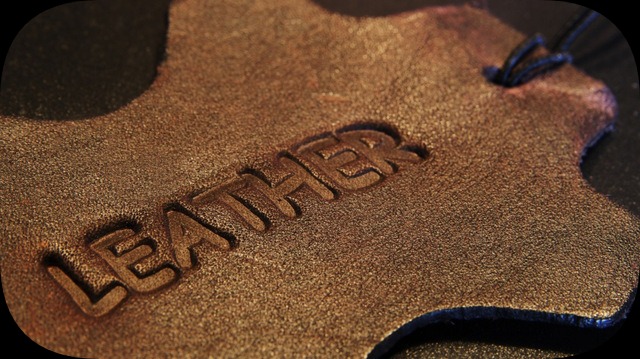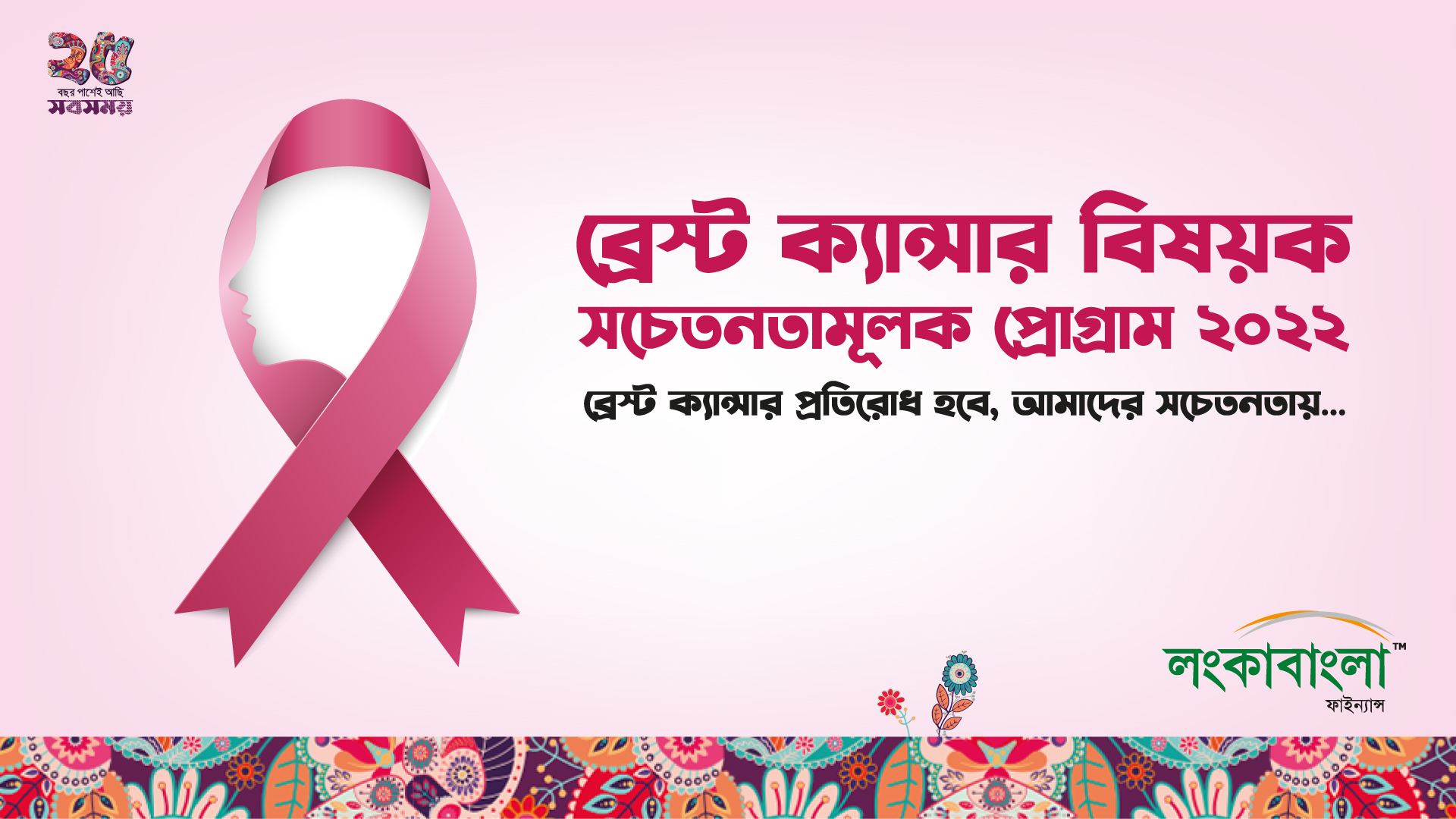Despite the relocation of the tannery industries to Savar over three years ago, lack of any functional Central Effluent Treatment Plant (CETP) and poor solid waste management system continues to be a major compliance issue for the sector, affecting the country’s leather exports.
The three-year project that took 18 years has terribly failed to install two major establishments--- Central Effluent Treatment Plant (CETP) and solid waste management system, making the leather sector largely non-compliant in the global market.
Due to the non-compliant issue, Bangladeshi leather and leather goods exporters are being not able to attract potential buyers sans a certificate from the Leather Working Group (LWG).
Certificate of Compliance from forums like Leather Working Group (LWG), a global platform made up of brands, retailers, leather manufacturers, suppliers and technical expert, is much needed to enter the high-end market which Bangladeshi exporters are not getting due to non-compliance issues.
Expressing disappoint over the downtrend earnings from the thriving leather sector, sector entrepreneurs said that size of the market for Bangladeshi exporters are shrinking day by day due to compliance issues as they are not getting space in major markets like the EU and US.
They said there are around 550 LWG certified leather exporters in the world, mostly from two neighbouring countries India and China. Around 140 Indian LWG certified companies, 103 Chinese companies, 60 Brazilian companies, and 14 Vietnamese companies are meeting the demand of global buyers.
Whereas, only three Bangladeshi companies --- Apex, Reef Leather and Aston Ltd have LWG certificate and the remaining export-oriented companies rely on the Chinese market.
Consequently, export earnings from leather and leather goods have steadily been declining over the years, experts said, adding that Bangladeshi exporters have few orders from EU and the US markets.
Data show that export earnings from the sector dropped by 21.79 per cent to $798 million in 2019-20 fiscal.
Processed leather exports declined by 40.28 per cent to $98.31 million from $164.62 million in the same period a year ago.
Bangladesh’s leather exports still largely depend on China. Apart from this, some leathers are exported to Italy, Korea, Hong Kong and Vietnam as these countries import semi-finished leather from Bangladesh and sell it in EU and American markets.
Bangladesh Tanners Association (BTA) General Secretary Sakhawat Ullah said the leather industrial estate in Savar yet not ready to receive the LWG certificate. Whenever the buyers come to audit factories in Savar, they find uncompleted CETP along with poor solid waste management system.
Competitor countries are shining gradually and Bangladesh’s leather sector going down despite having resources and capacity due to the compliance issue, said Sakhawatullah.
“We were forced to relocate out factories in Savar from Hazaribagh despite our repeated plea that the estate is not ready that time. As a result, the leather sector got into trouble”, he said.
BTA general secretary also said that many factories are waiting for the completion of CETP and STP to get LWG certificate which will help boost export earnings.
The government launched the Tk 176 crore projects to set up a Leather Industrial Estate in Savar in August 2003 in a bid to shift environment polluting tanneries from the capital’s Hazaribagh area.
But the three-year scheme is yet to be fully complete in all these years even after seven-time extensions and rise of the project cost by six times.
Jitendra Nath Paul, project director of the Savar Tannery Industrial Estate, said work of CETP will fully be completed by December, paving the way to obtain LWG certificate from global buyers.
Talking to the Daily Sun, Jitendra Nath Paul shared that CETP and solid waste management system are two major factors to get LWG certificate and the remaining other 18 conditions depend on individual factories.
“Out of total 1350 marks for LWG certificate, CETP and Solid waste management system carries 200 marks. Once CETP completed, entrepreneurs will hopefully get the certificate,” said the project director.
While asked about the delay, he said work of CETP was very slow for two years which got pace from last year. Now the corona crisis has slowed down the work again.
“The constructing company is scheduled to complete fully by next September and we are expecting to run fully by December,” added Jitendra Nath Paul.















